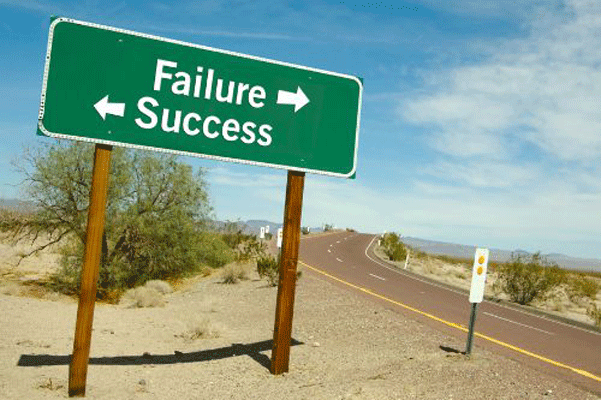
Avianca Flight 011, registered as HK-2910, was an international scheduled passenger flight from Frankfurt via Paris, Madrid, and Caracas to Bogotá operated by Avianca of Columbia. It crashed near Madrid on November 27 1983.
inspiration with Cynthia C Hakutangwi
All 23 crew and 162 passengers were killed. Only 11 passengers survived. The accident was investigated by the Spanish Accident Investigation Board, who determined the most likely cause to have been pilot error, and a failure to follow proper instrument approach procedures. The pilot was not precisely aware of his position, and the Board determined he had “set out to intercept the ILS [instrument landing system] on an incorrect track”, which placed the aircraft over the wrong terrain for his approach, in a hilly region of rapidly changing terrain height. The crew also did not respond properly to the ground-proximity warning system, which can be heard on the flight recording. There is a persistent rumour that the cockpit recorder indicates that just before the crash, a shrill computer synthesised voice from the plane’s automatic warning system starts saying, “Pull up, pull up, pull up, pull up, pull up,” and inexplicably the pilot shouted back, “Shut up, Gringo,” before flipping off the switch.
Within seconds, the plane hit the mountain and crashed.
Have you switched off your conscience?
Do you ever ask yourself why people can appear to be going along fine, flying through the air, sailing along in their life and all of a sudden, they crash and burn? Is it possible that they have switched off that special something inside of them which keeps saying, “Pull up, pull up, pull up?” How many times has that voice of our conscience been trying to get our attention and we have just responded by asking it to “Shut up!?” A good conscience is like a warning system that can keep us on course in the rough seas of our lives. If we choose to steer past its waving red flags, then we can expect to become shipwrecked.
A conscience can be good, then become defiled, and then it can become much worse. You can have a seared conscience which is not moved by anything. An evil conscience is the final state of depravity. With a defiled conscience, a person may not know exactly what is right or wrong but they operate according to a high standard. With a seared conscience, a person ceases to feel those high standards. An evil conscience is one that wilfully declares good is bad and bad is good. It approves evil and disapproves right. In spite of our intentions and even our best efforts, we do not always heed the warnings of our conscience.
Can you distinguish right from wrong?
- Chamisa under fire over US$120K donation
- Mavhunga puts DeMbare into Chibuku quarterfinals
- Pension funds bet on Cabora Bassa oilfields
- Councils defy govt fire tender directive
Keep Reading
Morality is said to be the science of good and evil. It is clear and indisputable that morality shapes human life and dignifies human beings. According to Wikipedia Encyclopaedia, conscience is the ability or a faculty that helps one to distinguish whether one’s actions are right or wrong. The Online Dictionary also describes conscience as the inner sense of what is right or wrong in one’s conduct or motives, impelling one toward right action. Through these definitions and many others, we can understand the general understanding of conscience as an important instrument of moral discernment. All these definitions have a central message, that is, conscience as a guiding principle, conscience as an instructor to human mind. From a creation perspective, everyone has been given a conscience. As a result, even though it is an abstract concept and difficult to describe, we all recognise its existence and are familiar with its operation.
Our conscience functions as both a guide and a judge. It serves as a guide before we act by urging us to do what is right and forbidding us to do what is wrong. It acts as a judge both while and after we act by evaluating the rightness or wrongness of our actions and then by rebuking us for the actions it judges to be wrong. While conscience is a God-given gift and not the product of environment, training, habit, or education, it is nonetheless influenced by them. This is proven by the acceptance of differing standards of conduct in our world. Nowadays, in fact, it is popular to claim that there is no real moral truth, no true right or wrong, but rather that moral truth, right and wrong are merely relative concepts. Concepts that change with time and place and culture. This claim is not entirely true.
Develop personal support systems
Conscience is often disturbed by things we have done or have failed to do. These are judgements of retrospective conscience, sometimes called judicial conscience. We make a judgement that what we did was, upon further reflection, wrongly decided. Conscience is alerted not only by things we have already done, but also by things we anticipate doing or not doing. These are the judgements of prospective, or, as it is sometimes called, legislative conscience. All of us need to build up personal support systems of trustworthy experts and friends who can provide us with counsel and advice as we make critical decisions. If a warning is going off in your conscience, don’t ignore it. Pull up. Don’t switch off that voice. If you don’t pay attention to your conscience, you may have a crash landing.
Cynthia C Hakutangwi is a communications and personal development consultant, life coach, author and strategist. She serves as the executive director of Africa Reform Institute, an organisation whose mandate is to enable citizen participation in value-based leadership for sustainable socioeconomic development in Africa. If you would like assistance with personal or organisational development, you can contact her on: E-mail: [email protected]. Facebook: Wholeness Incorporated.











